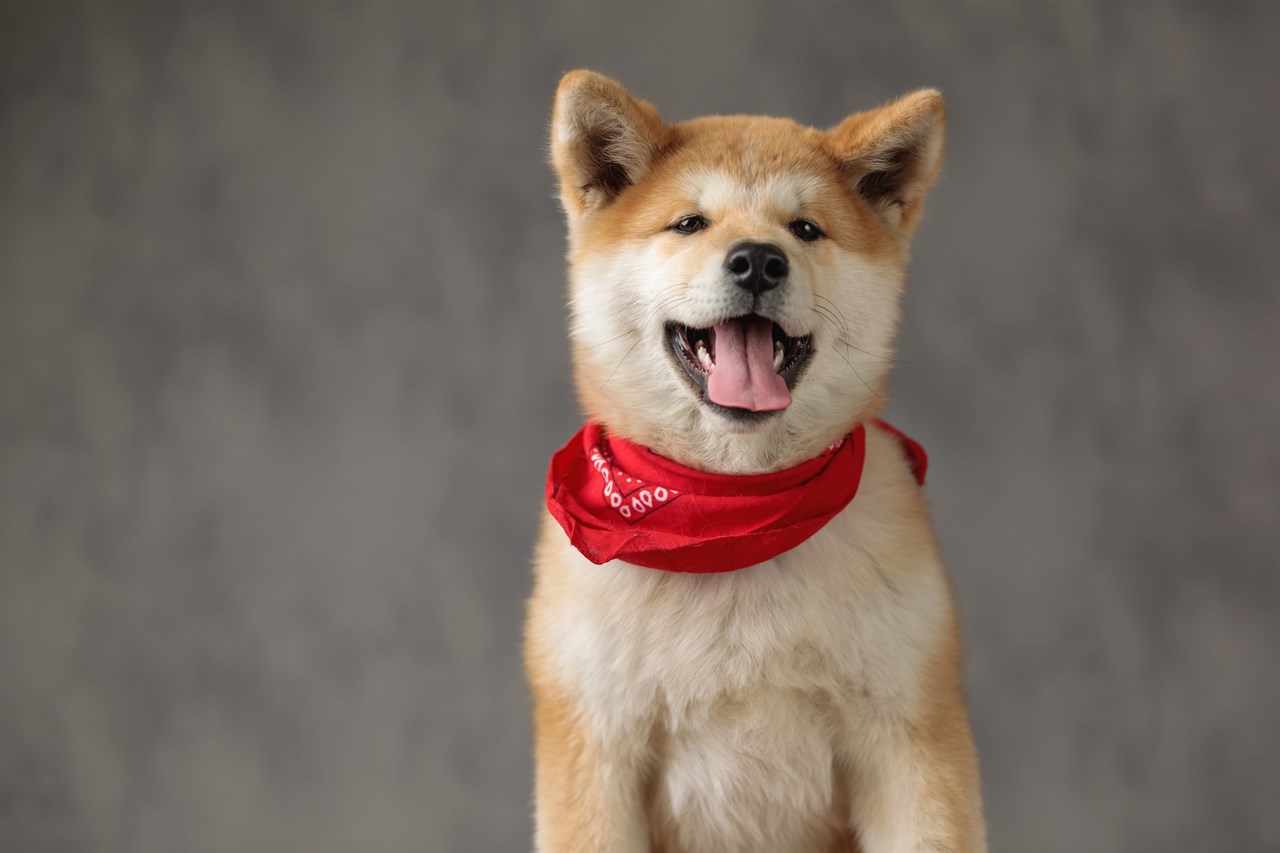Toilet Training an Akita Inu: Patience and Consistency

Toilet training, often referred to as housebreaking, is an essential aspect of raising a well-behaved and well-adjusted Akita Inu. While this breed is known for its intelligence, independence, and strong-willed nature, housebreaking can be a bit more challenging compared to some other breeds. However, with patience, consistency, and the right approach, you can successfully toilet train your Akita Inu. Here's a step-by-step guide to toilet training your Akita Inu.
Start Early
Begin the toilet training process as early as possible. Puppies have a limited bladder capacity and will need to eliminate frequently. The younger you start, the quicker your Akita will learn the appropriate place to relieve themselves.
Establish a Routine
Consistency is key when toilet training any dog, but it's especially important with Akitas. Set a regular schedule for feeding, water breaks, and bathroom breaks. Akitas thrive on routine, so try to maintain a consistent schedule every day.
Choose a Designated Elimination Area
Designate a specific area in your yard or outside your home where you want your Akita to go potty. This helps them understand where it's acceptable to eliminate.
Supervision
Keep a close eye on your Akita, especially during the early stages of training. Watch for signs that they need to go, such as sniffing, circling, or whining. When you notice these signs, immediately take them to the designated elimination area.
Use Positive Reinforcement
When your Akita successfully eliminates in the designated area, praise and reward them. Use verbal cues like "good potty" or "good job" in a cheerful tone, and offer treats as a reward. Positive reinforcement helps them associate the behaviour with positive outcomes.
Avoid Punishment
Never scold or punish your Akita if they have accidents indoors. This can create fear and anxiety and hinder the training process. Instead, focus on positive reinforcement and redirection.
Be Patient
Housebreaking an Akita Inu may take longer than with some other breeds due to their independent nature. Be patient and persistent. Consistency and positive reinforcement will eventually pay off.
Clean Accidents Thoroughly
Accidents happen, especially during the early stages of training. When they do occur, clean the area thoroughly to remove any lingering odours that might attract your Akita back to the same spot.
Gradual Independence
As your Akita gets older and better at holding their bladder, you can gradually extend the time between bathroom breaks. However, continue to maintain a regular schedule.
Monitor Diet and Water Intake
Pay attention to your Akita's diet and water intake. Adjust feeding times and portion sizes to align with your training schedule, reducing the likelihood of accidents.
Seek Professional Help if Needed
If you encounter persistent difficulties with toilet training your Akita Inu, consider seeking guidance from a professional dog trainer or behaviourist. They can offer specialised advice and techniques tailored to your dog's unique needs.
Remember that toilet training any dog, including the independent Akita Inu, requires time, effort, and consistency. Stay positive, be patient, and celebrate each successful step in the process. With the right approach and plenty of encouragement, your Akita Inu will eventually become a well-trained and housebroken member of your family.
Akita Inu puppies for sale
- Find Akita Inu puppies for sale in ACT
- Find Akita Inu puppies for sale in NSW
- Find Akita Inu puppies for sale in NT
- Find Akita Inu puppies for sale in QLD
- Find Akita Inu puppies for sale in SA
- Find Akita Inu puppies for sale in TAS
- Find Akita Inu puppies for sale in VIC
- Find Akita Inu puppies for sale in WA